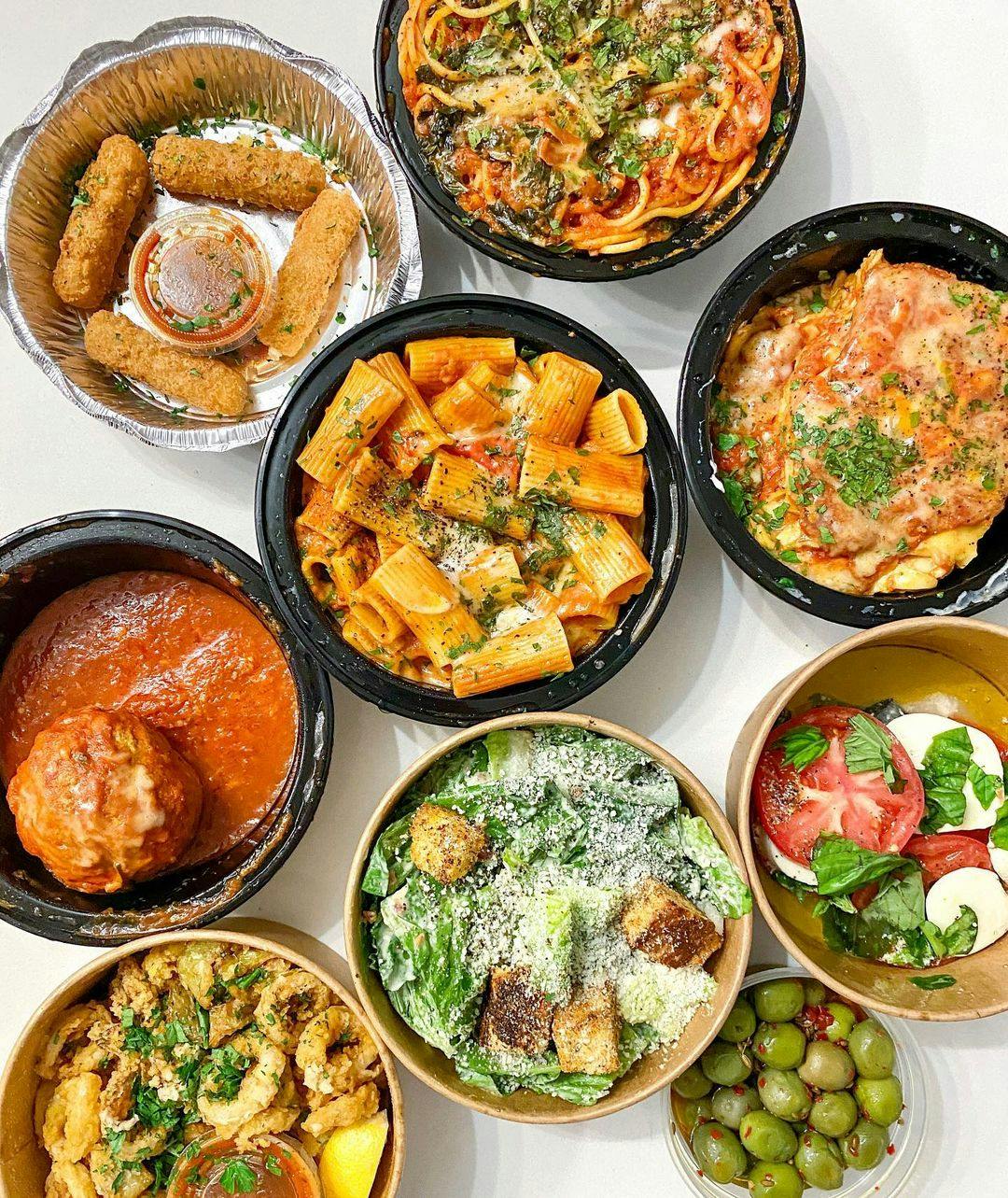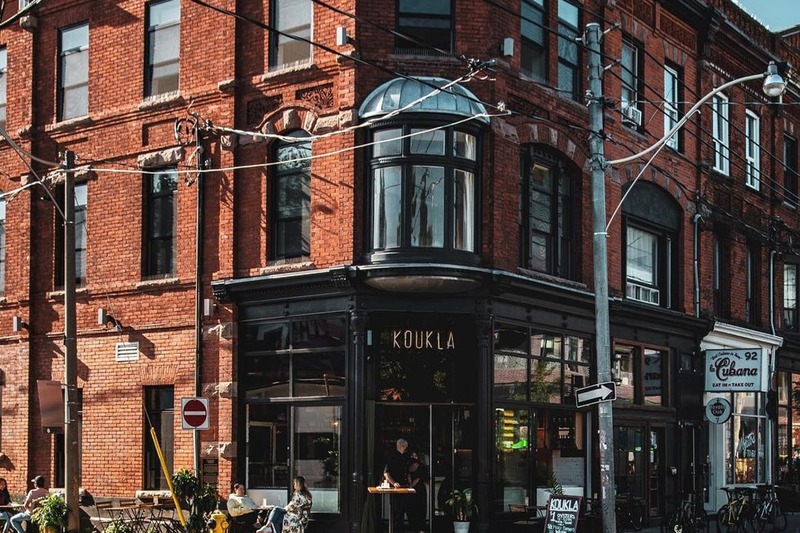
Oh, 2020: the new decade that we went into with the highest of hopes, many of which came promptly crashing down only a few months into the year. It's been nine long months of ups and downs, from panic to lockdown to a taste of going back to "normal" life -- and then back into lockdown as of a few weeks ago. Although the COVID-19 pandemic has made a profound impact across the majority of sectors, there is no doubt that the restaurant industry has been hit the hardest, and many have been left with no other choice than to shut their doors for good. For those that survived through the first lockdown and gained some traction over the summer (hello, patio season!), we were curious to find out where they stand now that they've been forced to halt all indoor and outdoor dining service once again.
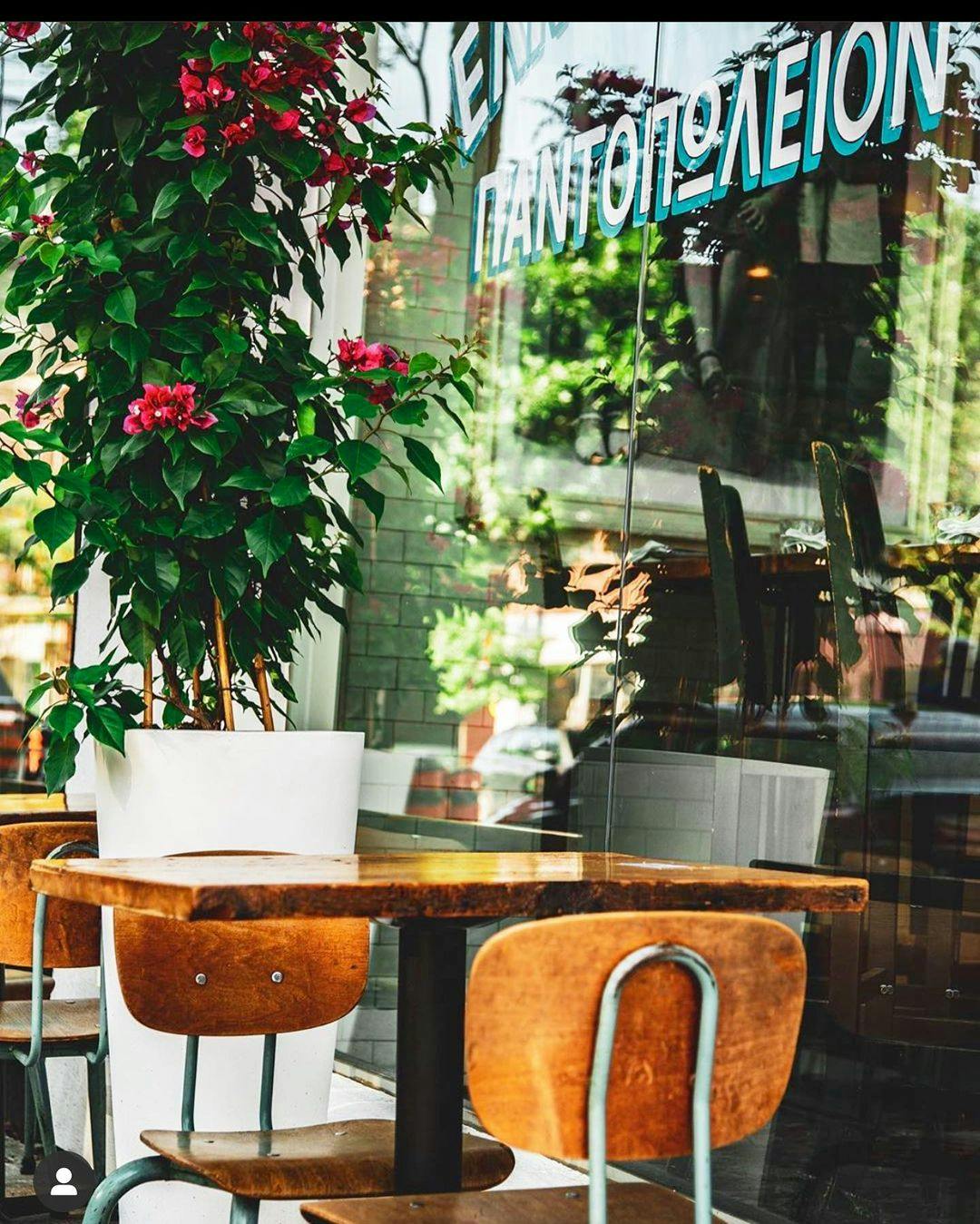
The summer months found Toronto's patios buzzing with guests, allowing for them to enjoy food and drinks outside of their homes while maintaining physical distancing and dining out in open air. Many restaurants across the city adapted relatively well to our new reality, building out and sprucing up their patios to welcome lineups of eager city dwellers. Even as temperatures began to drop in the fall, some invested in patio heaters and offered other creative solutions like blankets, fire pits and hot beverages to help keep guests warm and cozy. It's no surprise that none of these additions come cheap, but those restaurants that were in a position to shell out on equipment to keep their service steady did so, presumably hoping that the costs would be made up for by increased sales and the ability to stay open as long as possible.
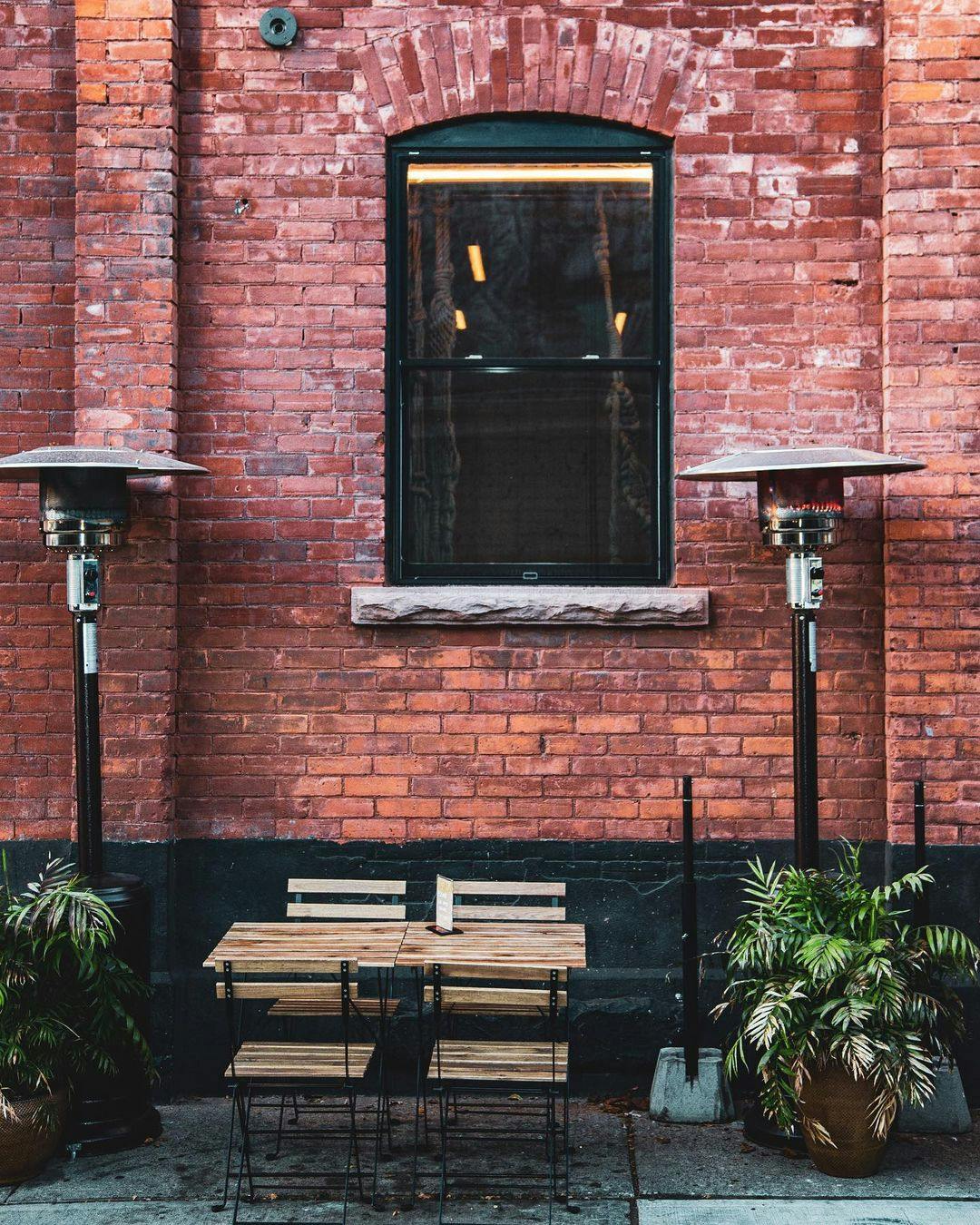
When Doug Ford announced a second lockdown for the Toronto and Peel regions on November 20, many efforts that restaurants across the city had put into place were no longer useful with the elimination of any service, be it in or outdoors, with the exception of takeout. Popular spots like Mamakas and Koukla, two of Ossington's most lively outdoor dining destinations that took over the corner at Humbert Street during the past few months, are now left with heaters and other equipment they are unable to use. Thanos Tripi, the owner of both spots, says the tough experience has been met with different challenges between each of his restaurants (he also owns a third, Agora).
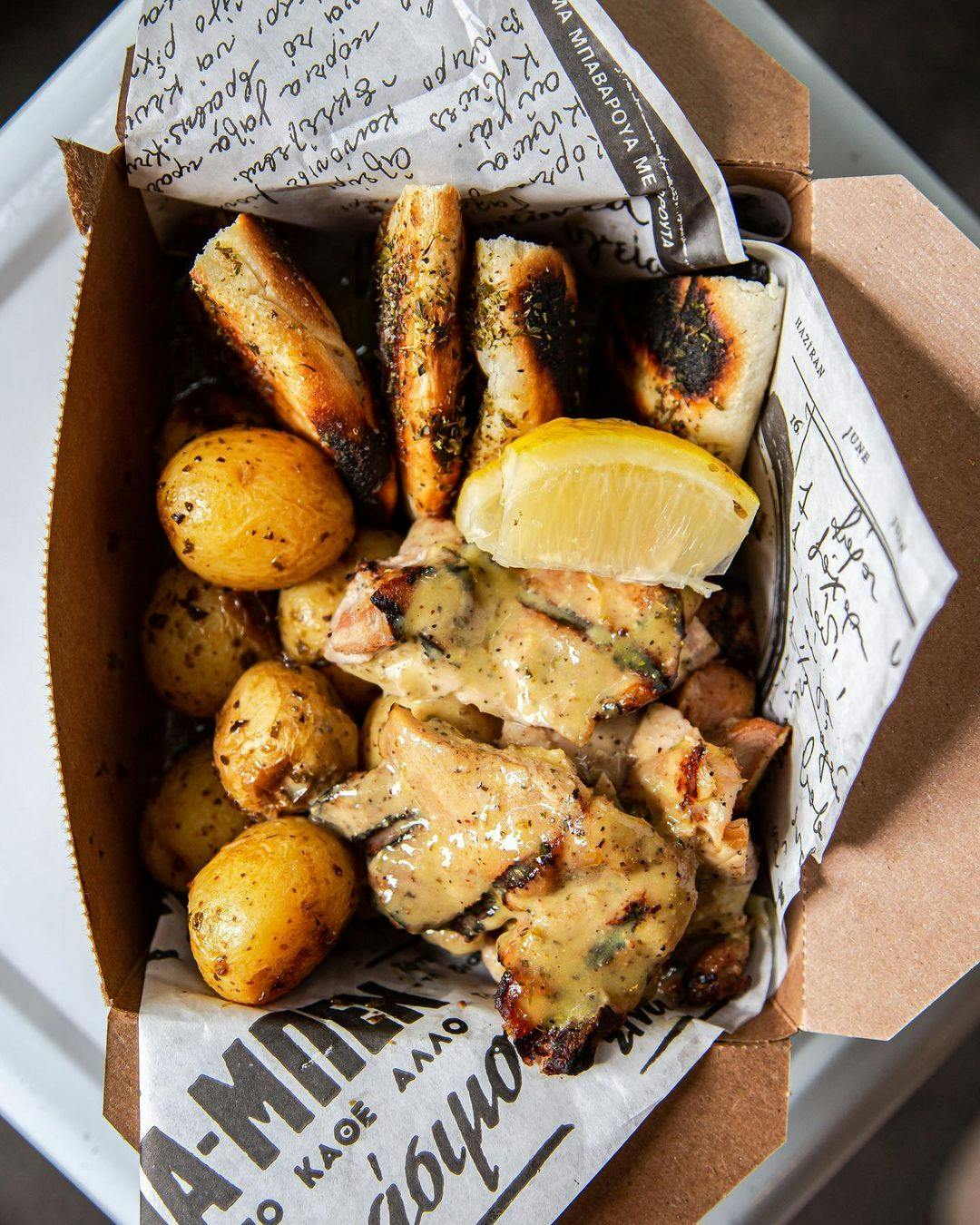
Mamakas was a fairly straightforward pivot, Tripi says, as they already offered takeout for delivery and pickup, and were able to introduce large-format family meals that have gained popularity. Agora was set up from the beginning as a grab-and-go spot, so they were essentially "built for this." Koukla, the newest of his bunch, has been the most challenging for him. "Koukla is very much an experiential place," Tripi notes. "People come for the enjoyment of the room -- the vibe, the cocktails, the music, the people." Not surprisingly, it's tricky to re-create that experience at home, but he and his team have been working hard on a few new offerings that will help guests bring the Koukla experience home with them.

Some restaurants, like the ever-popular, homestyle Italian comfort food spot Sugo, have been able to maintain business somewhat steadily, though co-owner Alexander Wallen feels similarly in regards to the lack of atmosphere they're able to provide. "We are one of the lucky ones," Wallen explains, as Sugo went into this year with an already loyal following and an extremely strong brand name. "Comfort food is what people want right now, and ours isn't too expensive. But we’ve lost a pretty important part of the restaurant -- the dining room, the full experience, having fun and listening to music with our guests, watching sports games, seeing friends. Interactions with people now are so brief." Like Tripi, Wallen and his team deeply feel the effects of losing out on social interactions with their guests. Sugo is a place where people would come to socialize and chat, so it's strange for them to now stand 6 feet away while picking up their takeout pastas and sandwiches. "We are such social people here," says Wallan, "we want to make jokes and have fun. So it’s not the same, but we try to give as much love, thanks, and hospitality to our guests in those short moments."

An interesting class of restaurants has also come into existence during this time, which are those that opened up mid-pandemic, like Taverne Bernhardt's. Along with others across the city, they launched with limitations in place and were pushed into pivoting their vision from the very beginning. "We got to adjust before everyone else had to, and we were prepared," says Carmelina Imola, the co-owner of Bernhardt's (as well as Dreyfus on Harbord). "We anticipated a major shutdown, and we didn't want to have to scramble into patio service for the fall." As such, they have essentially been doing takeout-only service since they opened, allowing diners to sit outside the restaurant to eat during the warmer months but serving everything to-go style. When the second lockdown was announced a few weeks ago, they weren't forced to change the way they operate, which is a plus for both the restaurant and their customers, who are already used to the style of service. The major downside, she says, is that restaurants who opened up post-pandemic do not qualify for rent relief or wage subsidies, as they lack Q1 sales data to show. To her, this signifies a lack of acknowledging how important the restaurant sector of the economy truly is, as they are the ones at the bottom that are supporting and pushing out products from farmers, local wine makers and other vendors. "It's a domino effect," Carmelina explains, "and it influences the economy deeply, so not supporting restaurants affects so many other people."
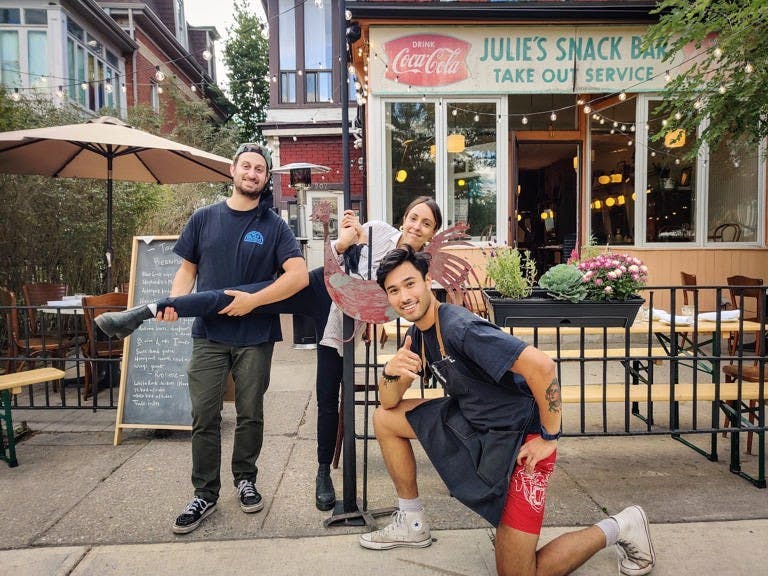
Although they've got the takeout service down, Imola also cites merchandise as a new venture and source of income for Bernhardt's, allowing them to add an additional revenue stream during tough times. Many restaurants across the city have followed suit, offering not only apparel and gift cards but also pre-packaged pantry items, sauces, condiments, dressings and other add-ons that guests can bring home to spruce up their meals.

To point out one hint of a silver lining to all of this, the outpouring of love and support that local restaurants and shops are receiving during this time seems to be the driving force behind many places staying afloat amidst this second lockdown. Imola and Wallen both reflected on how wonderful it has been to witness the rise in local support and the number of Torontonians who are now realizing that it is more critical than ever to rally behind their favourite spots. "There is a collective amongst people to keep the local economy," Wallen recognizes. "It's something that we’ve all taken for granted, and we’re now confronted with the end of small businesses -- brick-and-mortar shops and restaurants. And people are starting to see that small business could be close to eradicated, which scares the hell out of them (and me)."
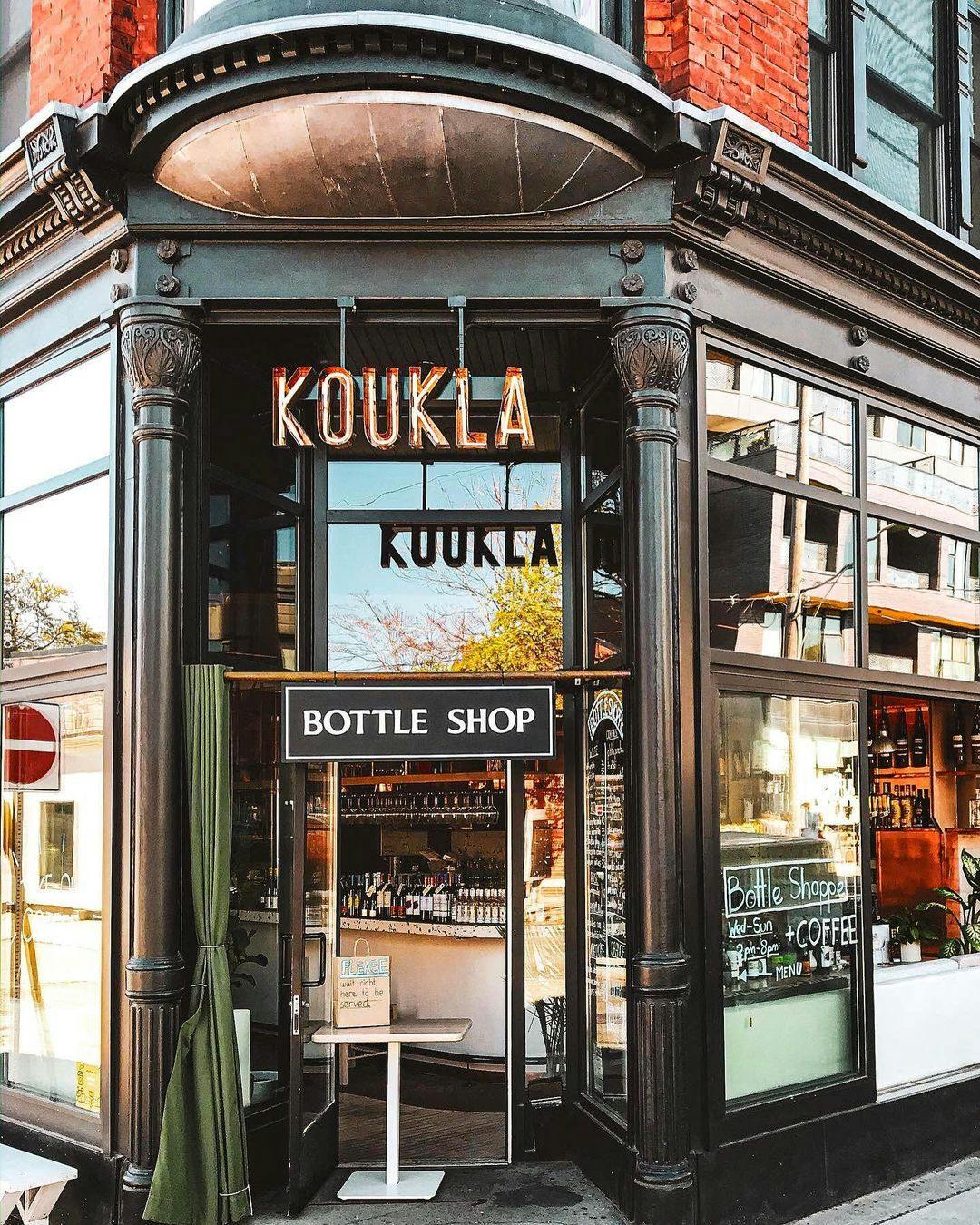
Evidently, the current lockdown situation has taken a toll on Toronto's beloved restaurants, making an already challenging industry increasingly difficult to survive in. Left with no choice but to branch out into takeout, delivery apps (which take a hefty percentage), bottle shops and food kits, many have been pushed to pivot into styles of offering that they never intended to provide. However, with little hope of the pandemic coming to an end anytime soon, restaurant owners are forced to make these choices in order to keep some semblance of their space and staff, while trying to stay on top of rent, bills and other expenses. They are doing what they can, and it's up to us as a community to support them through these times. So if you have the means to, go and grab a delicious takeout meal, purchase a gift card, grab some merch for holiday gifts, buy a bottle of wine from a local restaurant's shop instead of the LCBO, and share all of your favourite restaurants on social media to spread the word. They need us now more than ever, because no one wants to live in a city that lacks the heart, soul and community love of small businesses and restaurants.
